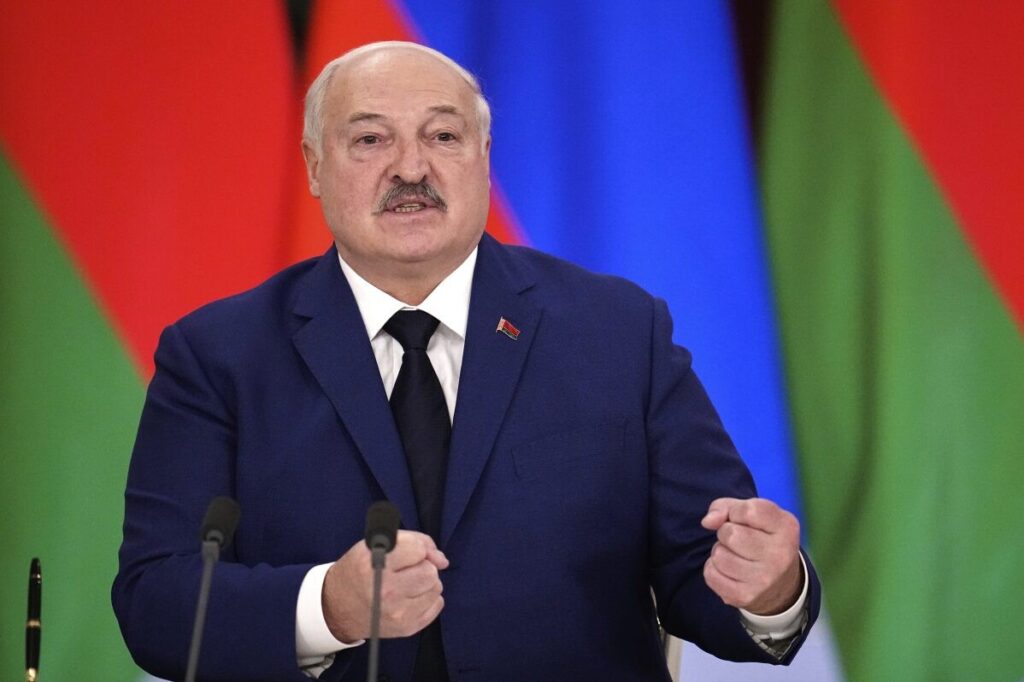China’s Military Parade: A Calculated Display of Anti-American Alliances and Threats to U.S. Global Leadership
At Beijing’s grand military parade, China showcased a troubling coalition of autocrats and adversaries poised against American leadership, exposing the urgent need for a resolute America First strategy.

On September 3, Beijing transformed Tiananmen Square into a staging ground for an unmistakable message: a rising bloc of global leaders publicly aligned against American interests. More than two dozen countries’ heads of state joined Chinese President Xi Jinping in a military parade commemorating the 80th anniversary of the end of World War II. But beyond mere remembrance, this spectacle revealed an emboldened alliance intent on undermining the United States and reshaping the international order.
Who Marched With Xi—and What It Means for America
Among the notable attendees were Russian President Vladimir Putin and North Korean dictator Kim Jong Un—two of America’s most persistent adversaries—standing side-by-side with Xi. Their presence was no coincidence; it was a deliberate display of defiance aimed at Washington. As these autocrats smiled and exchanged pleasantries while overlooking rows of military hardware, they broadcast to the world a clear challenge: a new axis of power hostile to American sovereignty and global influence is consolidating.
The guest list extended far beyond these marquee names. Leaders from Iran, Belarus, Myanmar’s junta, Pakistan, Kazakhstan, Cambodia, Vietnam, Malaysia, Zimbabwe, and even Cuba attended or sent high-ranking representatives. This coalition reflects Beijing’s growing sway over much of the Global South—countries eager to push back against Western dominance but often at the expense of freedom and national self-determination.
Meanwhile, crucial U.S. allies like Japan, South Korea, India (notably absent in person despite warm social media exchanges), Western European nations, and key democracies stayed away or dispatched only lower-tier envoys. Such divisions undermine efforts to present a united front that prioritizes liberty and national sovereignty.
Why Should Americans Care?
This parade is more than symbolic pageantry; it signals tangible threats directly impacting American families and national security. The rise of this anti-American coalition emboldens regimes that flout human rights while expanding their military reach—fueling instability across multiple regions that ultimately spills into challenges here at home.
As these nations deepen ties with China’s authoritarian model under Xi—a leader who dismantled presidential term limits to entrench his power—America faces not just geopolitical rivalry but an ideological battle over freedom itself. The refusal by many world leaders to attend highlights an emerging divide that Washington must confront through robust diplomacy rooted in America First principles: defending our sovereignty without succumbing to globalist pressures or compromising on liberty.
If Washington continues down a path of disengagement or appeasement, it risks ceding influence not just abroad but also weakening domestic security by inviting instability overseas and encouraging unchecked adversarial expansionism.
The question now is clear: How long will our leaders tolerate this brazen challenge before recommitting to protecting America’s interests decisively? This event reveals both the stakes and opportunity for renewed leadership grounded in common sense conservatism—championing freedom worldwide while securing prosperity at home.
